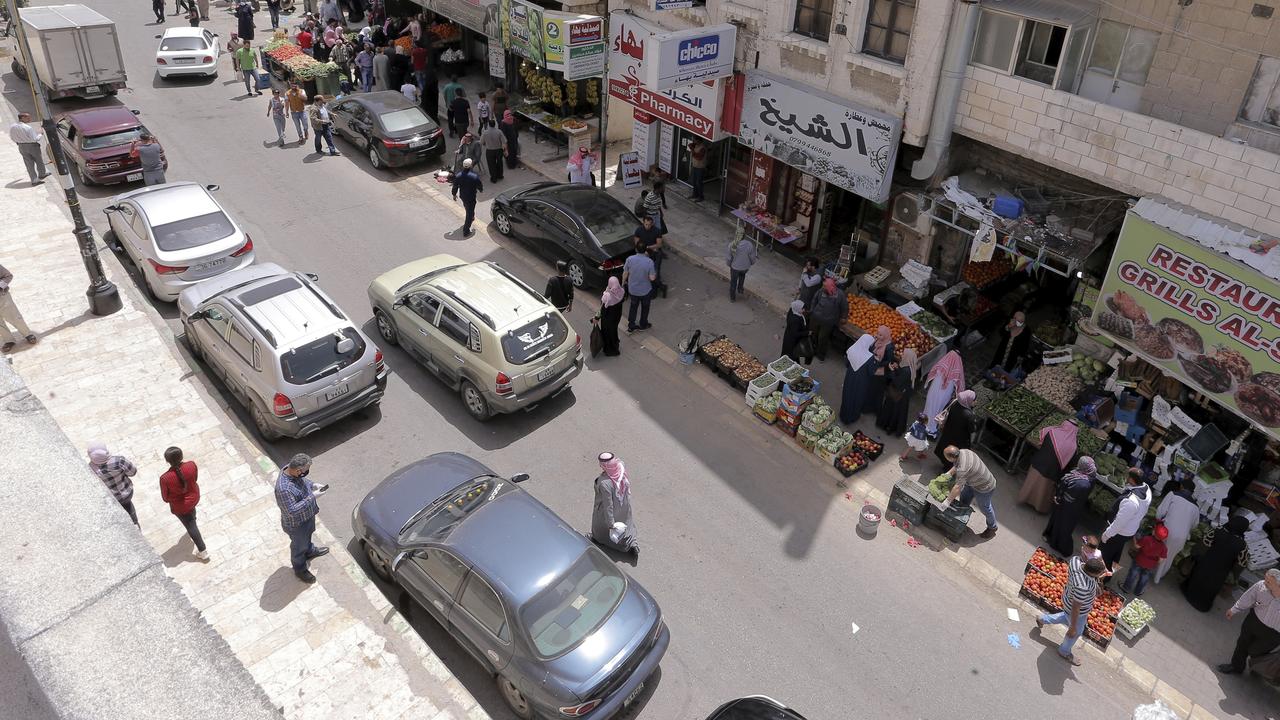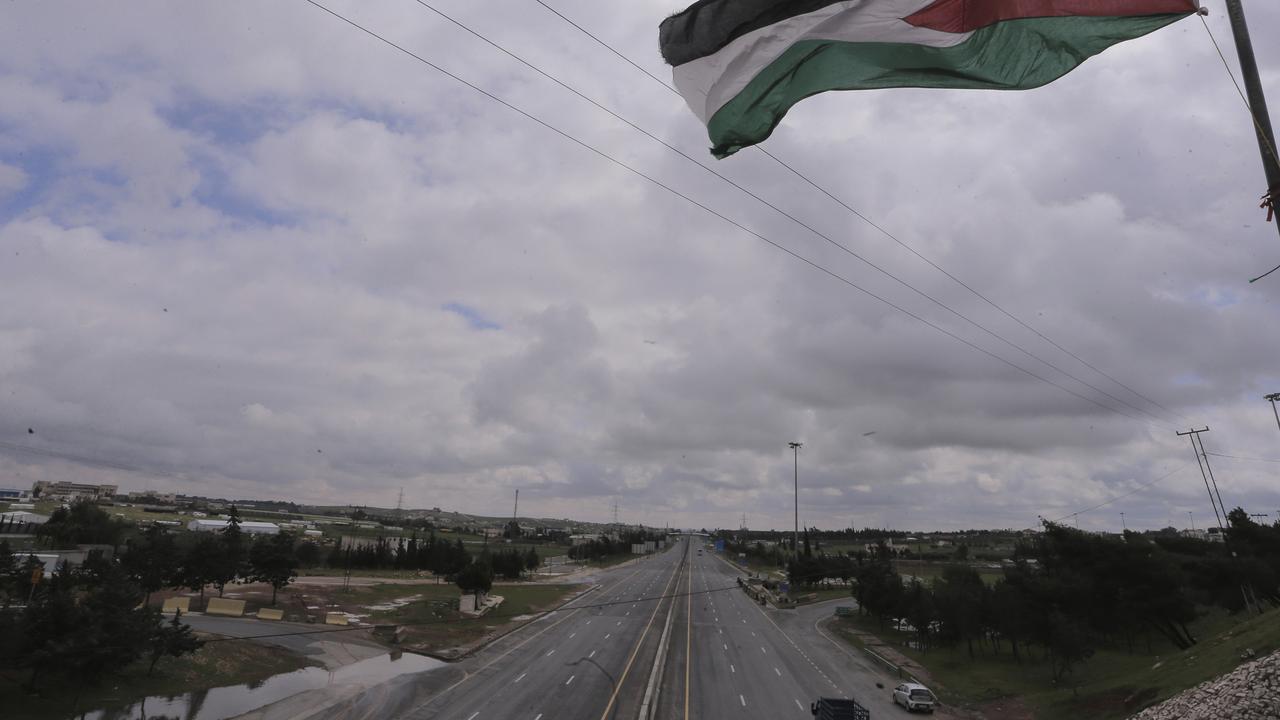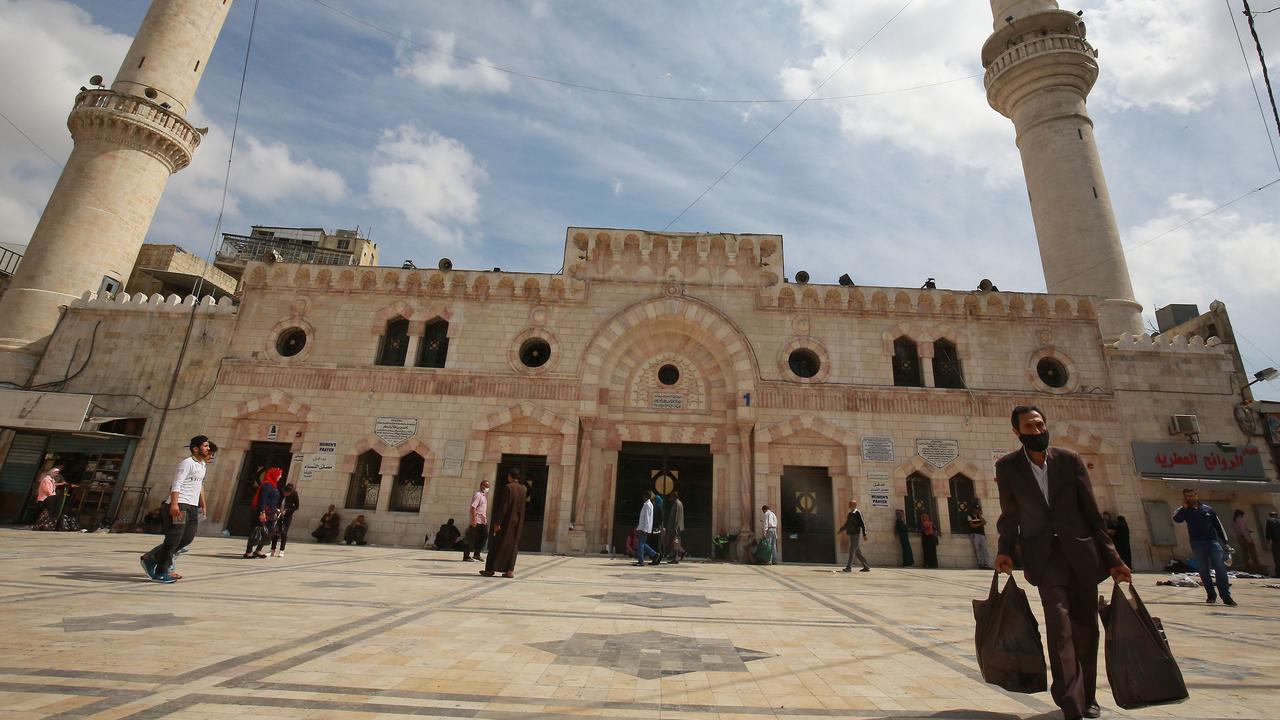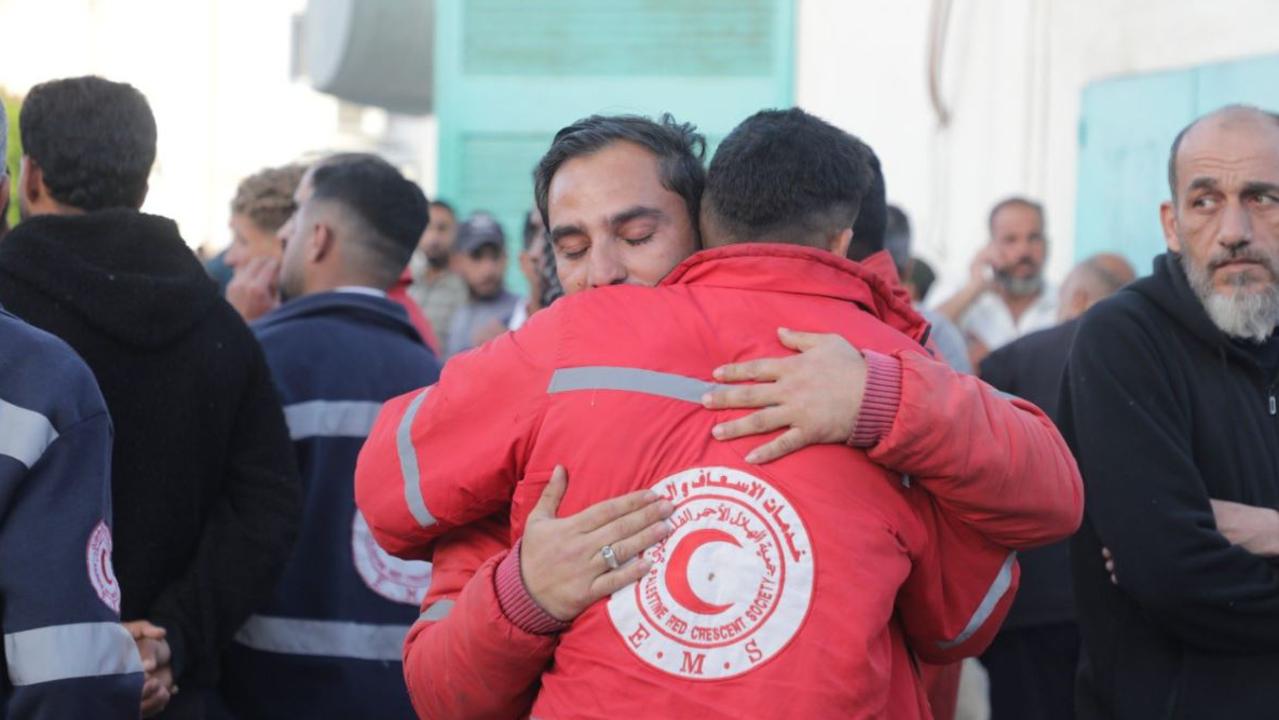Coronavirus in Jordan: How nation of 10m recorded just 500 cases
Many countries have buckled under the toll of COVID-19, but a near complete lockdown in a nation of 10 million people led to just 500 cases.

A number of countries around the world continue to fight an uphill battle against the coronavirus pandemic, with rising case numbers, death tolls and lockdowns remaining firmly in place.
But in Jordan – home to 10 million people, many of them refugees – the worst-case scenario may have been staved off.
A near complete lockdown in March of the Middle Eastern country, which shares a border with Israel where more than 15,000 people have been infected and is close to Iran and Turkey where the virus is yet to be contained, may have helped it to record just 500 cases of the virus and nine deaths.
The government, who faced backlash when the harsh shutdown was imposed on March 18, are starting to lift restrictions on all economic activity, resuming public transport and reopening businesses.
“Timing was key for us,” epidemiologist and Epidemics Committee member Bassam Hijjawi said. The Committee are the body who have spearheaded Jordan’s response to the coronavirus pandemic.
RELATED: Follow the latest coronavirus updates
RELATED: Three words behind Australia’s success


Steps in the nation were taken much quicker than they were in other countries in the region and elsewhere in the world, with travel restrictions on high-risk places like China and Iran introduced early. Health workers and hospitals were also prepared five weeks before Jordan recorded its first case on March 2.
Essential workers were initially banned from leaving home for any reason, and the army and police were deployed to halt travel and enforce closures. More than 1000 cars were impounded after vehicular travel was banned, and 2000 people were imprisoned for breaking curfew.
Schools, universities and government offices were shuttered, and thousands of repatriated citizens were quarantined for a period of 14 days at hotels near the Dead Sea area and in the capital city Amman.
RELATED: Countries that are beating the virus
“We knew that some of our measures would be costly,” Health Minister and former military surgeon Saad Jaber told the ABC.
“(But) we will not allow the herd immunity issue, we will not allow any Jordanian to die without a fight.
“I don’t know if we succeeded but the low death rate is something we are proud of, we didn’t lose many people.”
While restrictions have now eased and Jordanians are slowly returning to life as normal, some citizens have said the strict lockdown damaged the already fragile economy.
Amman-based economic consultant Mohammed AbuGoush told ABC the coronavirus lockdowns have crippled the country’s business sector and left many residents without income.
“The economy itself had a problem way before the coronavirus, so we can say that the Government worked excellently on this issue of the coronavirus and didn’t take the economic situation into consideration,” he said.
“We’ll start to feel the heart, start to feel the bad situation when we come back to normal life.”
King Abdullah has now called on the public, especially business owners, to show solidarity and contribute to health services and assistance groups to help the government with the huge financial burden it now bears.



